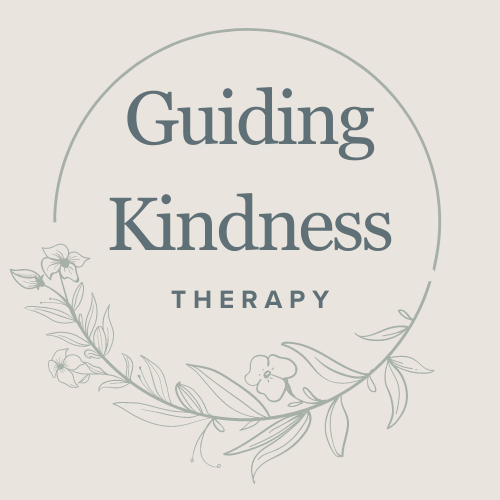Boundaries Are Not Betrayal: Why Millennial Women Struggle to Say No
For many millennial women, the idea of setting boundaries comes with a heavy dose of guilt. Saying “no” can feel like rejecting family, disappointing friends, or betraying cultural expectations. But here’s the truth: boundaries are not betrayal. They are the foundation of healthy relationships, emotional well-being, and breaking free from generational trauma.
At Guiding Kindness Therapy, we see this struggle often—especially among cycle-breakers who are the first in their families to prioritize mental health, healing, and self-worth.
The Root of Boundary Guilt
If you’ve ever felt anxious or ashamed after trying to set a boundary, you’re not alone. Many millennial women grew up with messages like:
“Good girls don’t say no.”
“Family comes first, no matter what.”
“Don’t upset anyone—it’s your job to keep the peace.”
These unspoken rules create what we call generational patterns. Over time, they can turn into people-pleasing, over-committing, and ignoring their own needs just to avoid conflict. This isn’t a flaw in you—it’s an inherited survival strategy.
Why Cycle-Breakers Redefine Boundaries
When you decide to break cycles, you choose to do something radically different: honor yourself without shame. As a cycle-breaker, you understand that healing generational trauma means rewriting the rules—and that includes boundaries.
Boundaries are not rejection. They’re a form of respect. They tell others: “I care about you, but I also care about me.” In therapy, we help millennial women see that boundaries are acts of love, not betrayal.
Signs You’re Struggling With Boundaries
You might be stuck in old patterns if:
You say yes when you desperately want to say no.
Resting feels “selfish.”
You feel resentment building in your closest relationships.
You avoid conflict at all costs.
Guilt hits you immediately after setting a limit.
If these sound familiar, you’re not failing—you’re human. And you’re carrying stories that were never yours to begin with.
Practical Therapy Tools for Setting Boundaries Without Shame
Breaking free from boundary guilt doesn’t happen overnight, but it is possible. Here are a few tools we use in Cycle-Breakers Therapy:
Script your “no.” Practice gentle but firm responses, like: “I can’t commit to that right now, but I appreciate you asking.”
Check in with your body. Notice tension, stress, or exhaustion—it’s often your first sign a boundary is needed.
Reframe the story. Instead of “I’m betraying them,” shift to: “I’m protecting my energy so I can show up authentically.”
Therapy journaling. Write down where guilt shows up and how it connects to family patterns. Awareness is the first step to change.
Start small. Boundaries don’t have to be dramatic; even tiny shifts can build confidence.
Breaking the Cycle Starts With You
Boundaries are not walls—they’re bridges to healthier, more balanced relationships. As a millennial woman and cycle-breaker, learning to say “no” is one of the most powerful ways to honor yourself and begin healing generational trauma.
At Guiding Kindness Therapy, we specialize in helping women like you navigate boundaries, people-pleasing, and the guilt that comes with growth. Healing generational patterns starts with one choice at a time—and you don’t have to do it alone.
👉 Ready to practice setting boundaries without shame? Book your free 15-minute consult today!

